The Basics of Battery Differences
The performance difference of 100Ah batteries is mainly reflected in the variation of voltage and capacity. To study the effects of voltage and capacity on the performance and service life of 100Ah batteries.
How does battery voltage affect its performance?
Voltage of the battery and delivery of power:
The higher the voltage of a battery, the larger the power it can supply. This would mean that for applications requiring large amounts of power, say an electric car or a big solar installation, the use of high voltage batteries will directly avail the required power and thus obviate the need to add power by connecting a number of battery cells either in series-in other words, head to tail-or in parallel/connecting the positive and negative terminals of the batteries separately.
Energy Loss in Low Voltage vs. High Voltage Systems:
Energy losses may occur due to the heat generated from resistance during the transmission of electricity in low voltage systems. High voltage systems have generally low resistive losses, hence effective and with minimal energy loss during energy transfer.
Voltage level for specific applications:
Since a wide range of applications requires certain voltage levels in the work function,most electric vehicle applications are designed for high voltages such as 48V. Operating them at that particular point realizes their efficiencies and performances maximally. This is because a higher voltage reduces current flow and therefore cuts down heat loss due to the flow of current through wires, thereby improving overall energy efficiency.
How does capacity affect battery performance?
Energy Storage Capacity:
The amount of electricity, which a battery can supply until complete discharge, is called capacity. It is expressed in Ampere-hour (Ah). The higher the capacity, theoretically, the longer the use. This is because in such a way the more energy will be stored in the battery.
Power Supply Time:
The capacity of the battery will be able to tell you how long a device with a given power is going to be powered. This means that a 200Ah battery will power a 20W device for 10 hours, because 200Ah/10W = 20 hours while a 100Ah battery will power the device for just 10 hours.
Discharge rate:
The battery capacity will also dictate its discharge schedule: it may be depleted faster by high current discharges and last longer when discharged by low currents. Large-capacity batteries are able to perform better in high current discharges since they store more energy.
Cycle life:
It is closely associated with the capacity of a battery. Cycle life denotes the number of charge-discharge cycles a battery could withstand before deterioration in its performance. Higher capacity batteries were able to perform better in terms of cyclic life because of their ability to hold more energy in order to deal with the changes in its chemistry while charging and discharging.
Weight and Volume:
It usually increases in size and weight with the increase in the capacity of any battery.
Cost:
Normally, the cost of batteries increases with an increase in their capacity. This is because of the requirement for more material and technological intensity in manufacturing larger capacity batteries.
What is the difference between 12V 100Ah and 48V 100Ah batteries?
A 48V 100Ah battery is four times more powerful than a 12V 100Ah battery. It must therefore supply higher power and efficiency. Power and efficiency are directly dependent on voltage, which means that the greater the voltage, the more energy or efficiency a battery can supply. It will be better for high-demand applications such as electric vehicles and solar systems, unlike the 12V 100Ah batteries meant for smaller devices. Conversely, 12V 100Ah batteries are more suited to small devices that have relatively low energy requirements that the 12V battery can achieve without having to result in the use of higher voltage 48V batteries.
| Feature | 12V 100Ah Battery | 48V 100Ah Battery | Notes |
|---|---|---|---|
| Energy Capacity | 1200Wh (12V × 100Ah) | 4800Wh (48V × 100Ah) | The 48V battery has four times the energy capacity of the 12V battery. |
| Power Output | Lower | Higher | The 48V battery can provide a higher power output due to its higher voltage. |
| Efficiency | Average | Higher | The 48V battery has less energy loss over long distances, making it more efficient. |
| Application Scenarios | Suitable for small devices, cars, boats, off-grid power systems, etc. | Suitable for electric vehicles, solar systems, industrial equipment, and other high-demand applications. | |
| Cost | Typically lower | Typically higher | 12V batteries are cheaper because they are more widely used and have economies of scale. |
| Safety | Lower voltage, safer | Higher voltage, requires additional safety precautions | The 48V system is less safe during maintenance because it exceeds the safe touch voltage of 36V for humans. |
| Availability | More widely available | Less common | 12V batteries are easier to obtain and are suitable for more standard equipment. |
| Weight and Portability | Usually lighter | May be heavier | 48V batteries may require heavier cables and components to handle the higher voltage. |
| Maintenance | Requires regular maintenance, such as checking electrolyte levels and cleaning terminals | May require more complex maintenance, depending on the chemical composition | Proper maintenance is crucial for the performance and lifespan of both types of batteries. |
Which is better for a solar system: 12V 100Ah or 48V 100Ah?
Solar power systems are more suitably installed with 48v 100ah batteries. They are more efficient, and there is lesser loss of energy in 48v 100ah batteries when the electricity is transmitted over a long distance. When the voltage applied is higher, the current flowing is lower; hence, due to the resistance, the loss of energy is less. 48v 100ah batteries, due to their high efficiency and low energy loss, are suitable for large solar installations that may require more power and longer distances for the transmission of power. On the other hand, 12V 100Ah batteries can be used in small or simple solar systems that may not require large amounts of electrical energy and long distances for electrical energy transmission.
Can I replace a 12V 100Ah battery with a 48V 100Ah battery?
If you have a system that was designed to use a 12V battery, then one such battery of 100V 48Ah cannot be directly replaced by another 100V 48Ah battery. Since these two batteries have different operating voltages, direct replacement may cause the system either not to function or to get damaged. That the moment you decide to replace, the inverter and controller, among other components used in the system, can support the voltage of the new battery. In other words, when considering replacing a battery, there is really a need to take into consideration voltage matching and compatibility with the system.
What are the different maintenance requirements for replacing a 12V 100Ah battery with a 48V 100Ah battery?
Maintenance of 12Volt Batteries
Check the water level regularly:
Liquid-rich lead-acid type 12V batteries need regular checks of the water level inside a battery to retain proper levels of electrolyte-a mixture of water and sulfuric acid-inside the battery for proper operation and life of the battery.
Clean terminals to prevent corrosion:
The terminals are the positive and negative contacts of the battery, and they should not be dirty to avoid contact or circuit interruption because of corrosion.
Voltage Level Check for Optimum Performance:
Voltage levels in the batteries must be checked periodically for operation within the normal range. This means that it ensures an excellent performance from the battery and increases its lifetime.
Maintenance of 48Volt Batteries
There is Complexity in Multiple-Cell Maintenance:
Because most popular 48V batteries are actually composed of several cells connected in series, each normally rated at 12V, this means that maintenance is rather complex and usually needs to be done on each separate cell.
Monitoring Individual Cell Voltages:
In maintaining the 48V battery, individual cell voltages are supposed to be monitored to ensure all cells are in good working condition for smooth performance. It would also avoid personal problems in any cell affecting the performance of the whole battery system.
Regular checking for integrity in connections and wiring:
Since the amount of 48V batteries consists of multiples of cells on series or parallel, the robustness of the connections and wiring should be checked on a regular basis to make sure that it is free from corrosion for the safe and stable operation of the battery system.

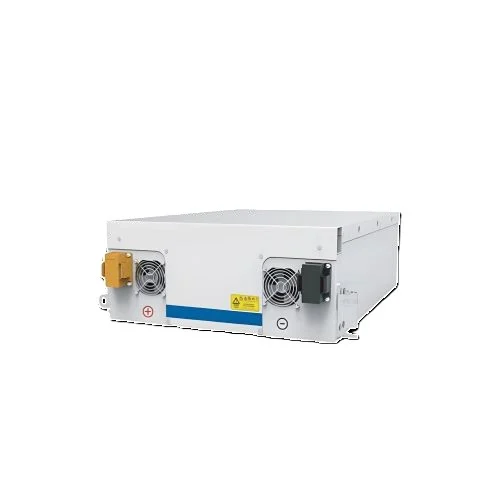
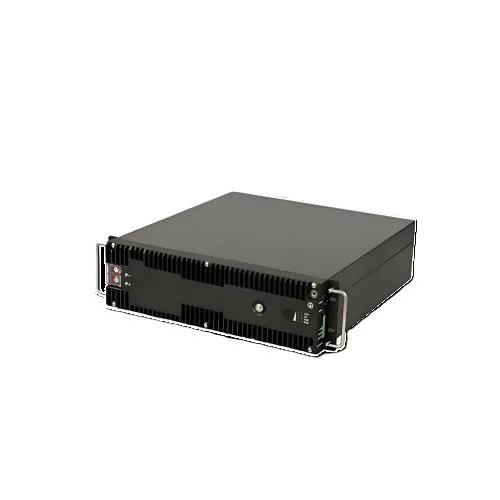
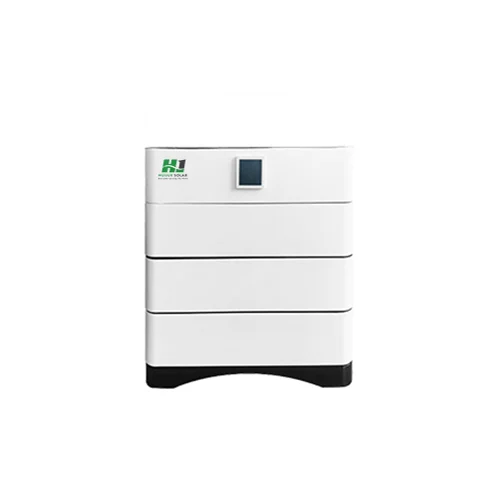
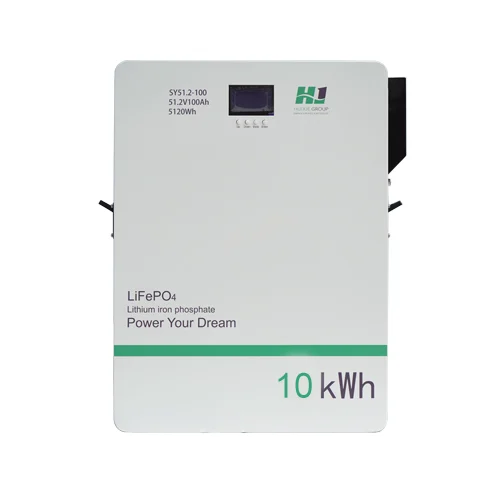
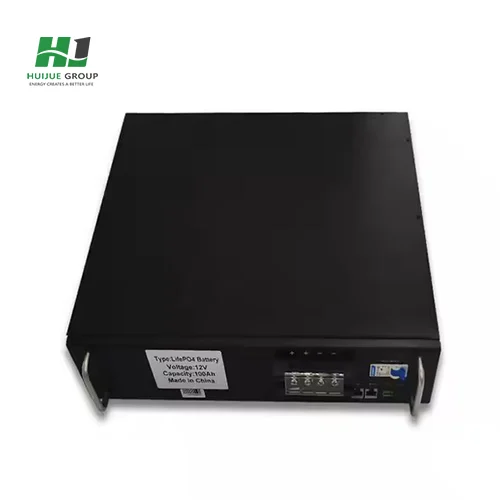
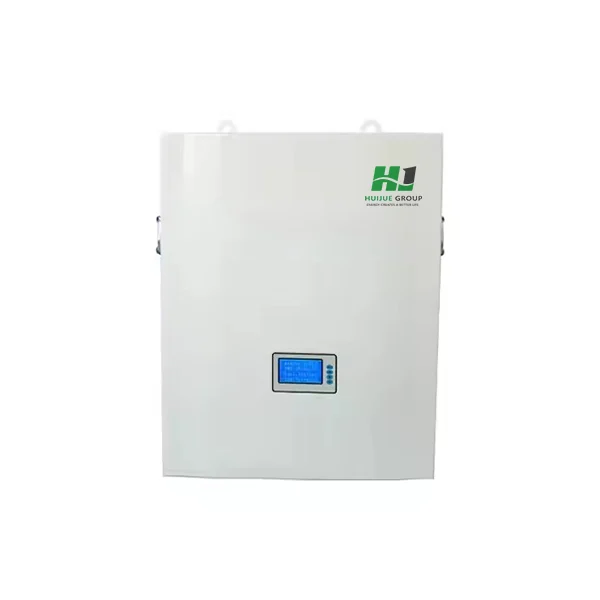
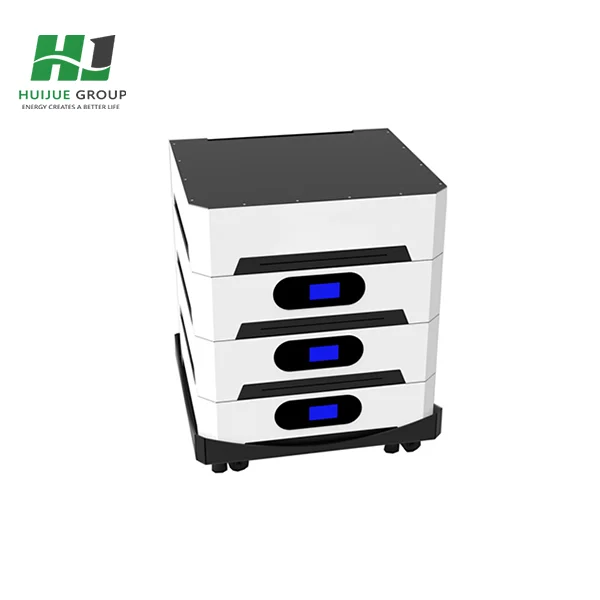
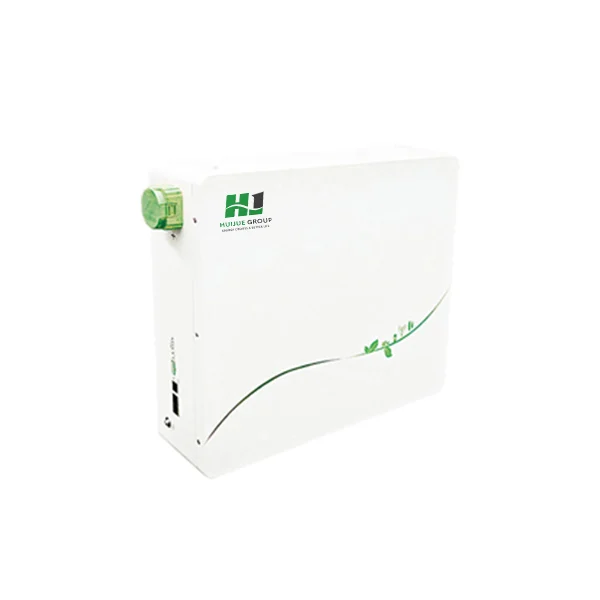

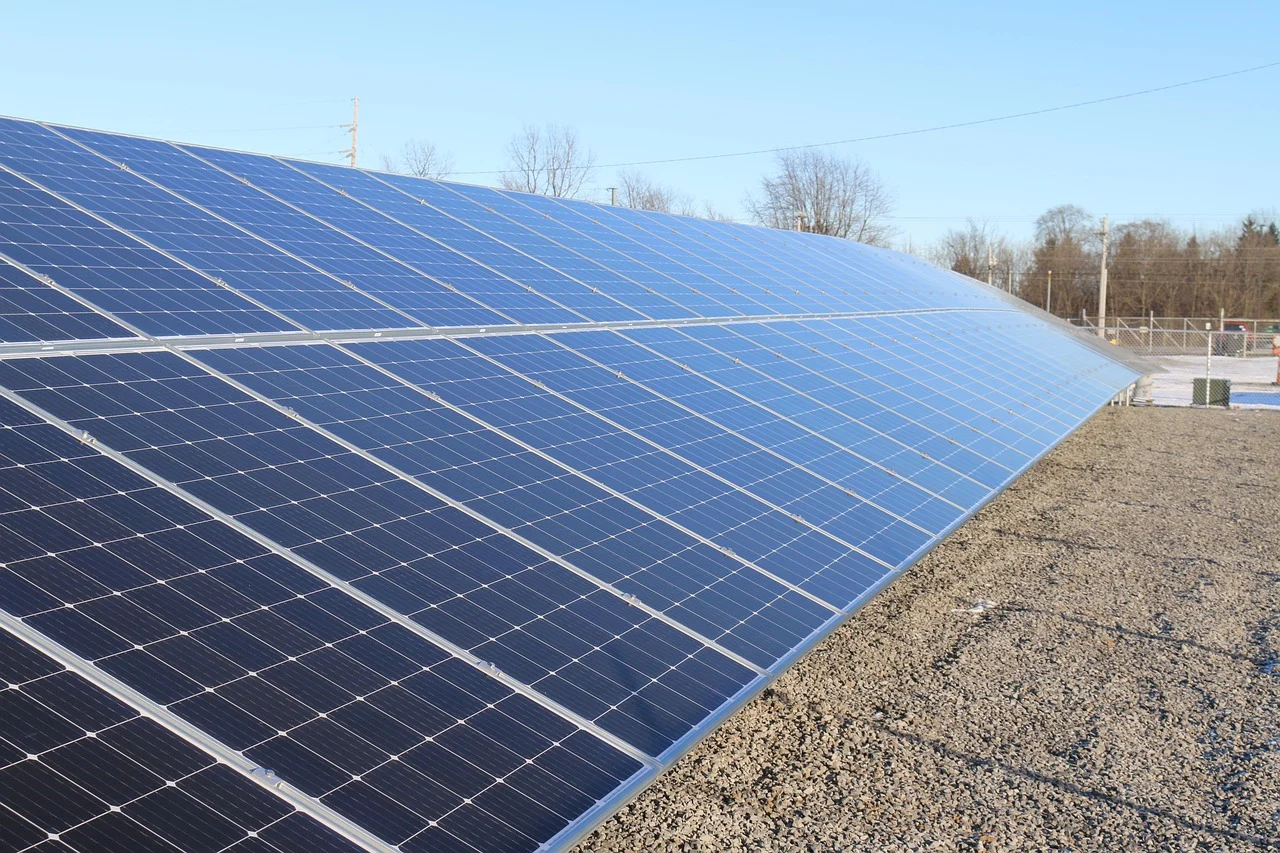
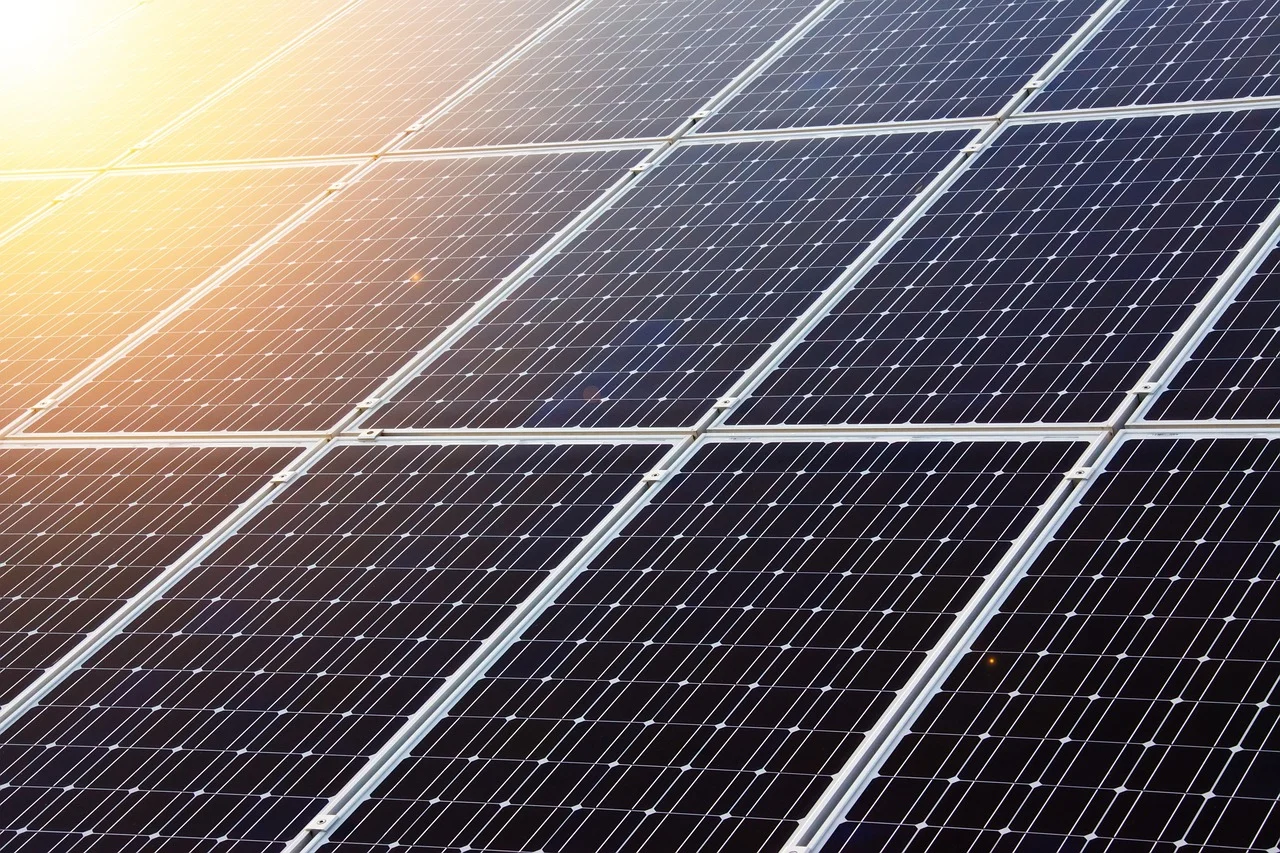

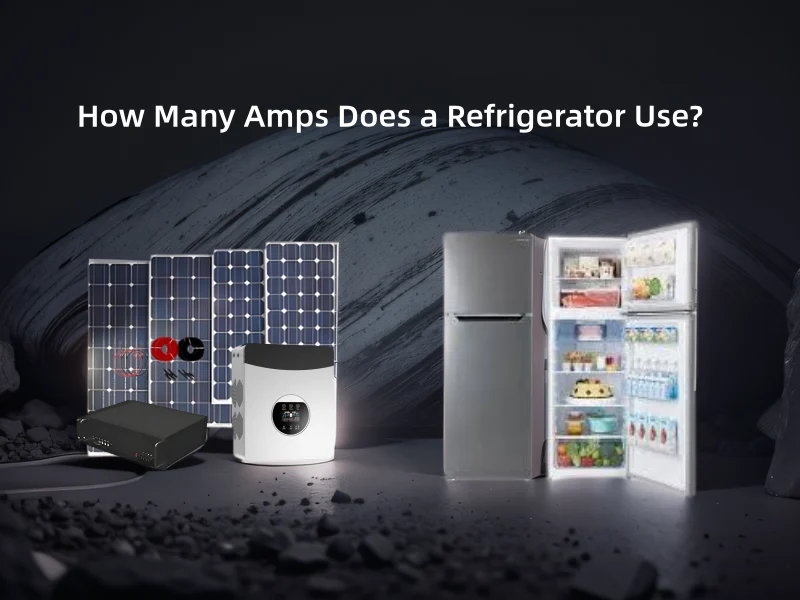
 Afrikaans
Afrikaans Albanian
Albanian Amharic
Amharic Arabic
Arabic Armenian
Armenian Azerbaijani
Azerbaijani Basque
Basque Belarusian
Belarusian Bengali
Bengali Bosnian
Bosnian Bulgarian
Bulgarian Catalan
Catalan Cebuano
Cebuano Chichewa
Chichewa Chinese (Simplified)
Chinese (Simplified) Chinese (Traditional)
Chinese (Traditional) Corsican
Corsican Croatian
Croatian Czech
Czech Danish
Danish Dutch
Dutch English
English Esperanto
Esperanto Estonian
Estonian Filipino
Filipino Finnish
Finnish French
French Frisian
Frisian Galician
Galician Georgian
Georgian German
German Greek
Greek Gujarati
Gujarati Haitian Creole
Haitian Creole Hausa
Hausa Hawaiian
Hawaiian Hebrew
Hebrew Hindi
Hindi Hmong
Hmong Hungarian
Hungarian Icelandic
Icelandic Igbo
Igbo Indonesian
Indonesian Irish
Irish Italian
Italian Japanese
Japanese Javanese
Javanese Kannada
Kannada Kazakh
Kazakh Khmer
Khmer Korean
Korean Kurdish (Kurmanji)
Kurdish (Kurmanji) Kyrgyz
Kyrgyz Lao
Lao Latin
Latin Latvian
Latvian Lithuanian
Lithuanian Luxembourgish
Luxembourgish Macedonian
Macedonian Malagasy
Malagasy Malay
Malay Malayalam
Malayalam Maltese
Maltese Maori
Maori Marathi
Marathi Mongolian
Mongolian Myanmar (Burmese)
Myanmar (Burmese) Nepali
Nepali Norwegian
Norwegian Pashto
Pashto Persian
Persian Polish
Polish Portuguese
Portuguese Punjabi
Punjabi Romanian
Romanian Russian
Russian Samoan
Samoan Scottish Gaelic
Scottish Gaelic Serbian
Serbian Sesotho
Sesotho Shona
Shona Sindhi
Sindhi Sinhala
Sinhala Slovak
Slovak Slovenian
Slovenian Somali
Somali Spanish
Spanish Sundanese
Sundanese Swahili
Swahili Swedish
Swedish Tajik
Tajik Tamil
Tamil Telugu
Telugu Thai
Thai Turkish
Turkish Ukrainian
Ukrainian Urdu
Urdu Uzbek
Uzbek Vietnamese
Vietnamese Welsh
Welsh Xhosa
Xhosa Yiddish
Yiddish Yoruba
Yoruba Zulu
Zulu